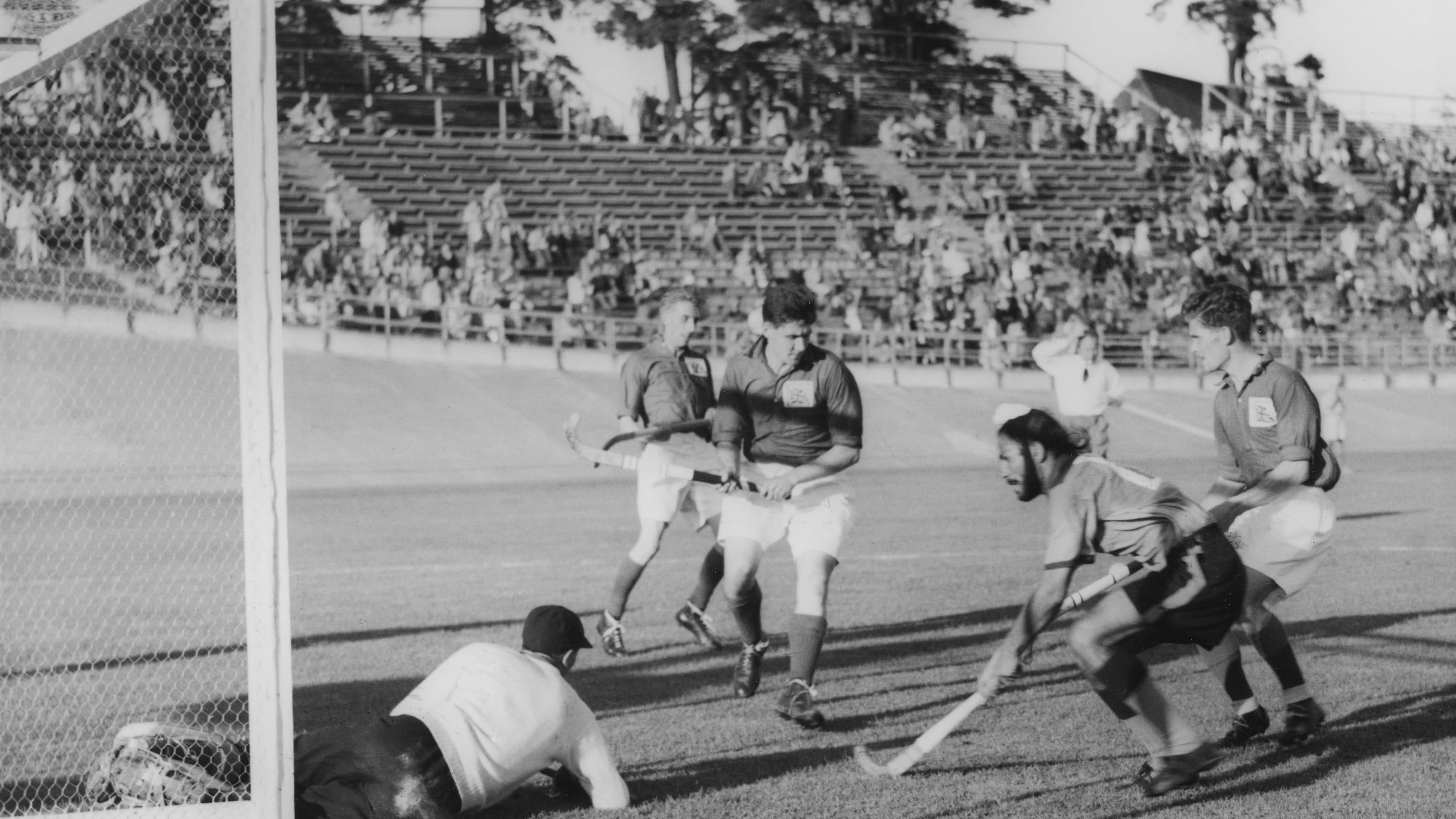
As a referee in soccer, you have a number of responsibilities. These duties include interfacing with officials and managing your emotions. This article will provide some tips for interacting with the referee during a match. This article will provide tips for how to position yourself, and how to control your emotions. This will include information on whether referees can alter their decision.
Working with a referee
The game of soccer is only possible when you have a good relationship with your referee. You need to find the right balance between your opinions and not upseting the referee. Fortunately, there are some basic guidelines that you can follow to help you interact effectively with a referee.

Commonsense is the key to emotional control
A referee needs both commonsense and emotional control. Although the referee cannot give orders to the players they should be able tell them what the consequences of violating the Laws of the Game are. Referees must take into consideration all input and make the correct decision when a player breaks one of these rules.
Adequate positioning
Referee positioning is crucial in making correct decisions during matches. During a game, the referee should be as close to the action as possible to make correct decisions. If Leicester were on the offensive, the referee must have been in a more favorable position to make the correct decision. It is also important to keep your body language professional.
Can a referee change a decision
A referee may change a soccer decision if it is incorrectly made or advised by an assistant referee. This cannot be done prior to the restart of the game. A referee may not change his decision after the final whistle.
Offside rule in soccer
Soccer's Offside rule applies to players who are outside their own field. This means that a soccer player is considered offside when their feet or bodies are closer than the opponent's goal line. This means that a player cannot receive a pass from his/her teammate while offside and cannot make a play towards the ball.

Can a referee rescind a match
A referee can call off a match for a number of reasons. If a referee believes there is a safety risk, or if a team has been penalized, the referee can call off the match. Any incidents in the match must be reported to the referee.
FAQ
What is soccer, you ask?
Soccer is an international sport played by two teams on a rectangular field with a goal at each end. The object of the game is for the team which scores the most goals to win. Rules govern the handling of the ball and who can play it. While soccer was a sport that has existed since the late 1800s, in England it was not recognized by FIFA until its first international championship in 1930. Today, over 200 countries have their national federations. These governing their own leagues or tournaments. As of 2016, over 3 billion people worldwide play some form of soccer.
what is a soccer pitch?
A soccer pitch consists of a rectangular grassy area divided by a crossingbar. The attacking area is where the offensive side tries scoring goals. The defensive zone is where the defensive team defends from offensive attacks.
Where can I get cheap soccer equipment
Sports gear stores often have affordable soccer gear. Soccer balls, shinguards and jerseys are all available at discounted department stores. Amazon.com and other online retailers are also options.
What is the role of a striker in soccer
Strikers are typically the fastest players on the field. They excel at running on the field and shooting the ball to the opponent's goal.
What is a corner kick in soccer?
Corner kicks occur when the ball's kick is kicked from the sideline into the goal area. They are usually taken by players who have been playing on the wing (side) of the pitch. The player takes the shot while running towards the penalty box. Corner kicks are one of the most exciting parts of soccer because they lead to scoring opportunities.
What does the letter "A" stand for in soccer?
The letter "A" is for Association Football. It is the official nickname of soccer. The game's name, association, comes from the fact it was created in England by Oxford University students.
How do I find out if my kid is ready to play soccer?
As soon as children are able kick or throw a football into the air, it is time to start playing soccer. They must also be able run after the ball and catch them. If your child is interested playing soccer, ensure he/she adheres to all safety guidelines before joining any league.
Statistics
- the estimated cumulative television audience for the 2006 World Cup in Germany was 26.2 billion, an average of 409 million viewers per match. (en.wikipedia.org)
- They are not just good at dribbling because they are talented alone, but because they put in 100% effort during every practice. (coachtube.com)
- Even with the new issuance, control of the club will be retained by the Glazer family as they will retain 67% of B shares which have voting power, so little will likely change in the general approach taken to the finances of the club. (sites.duke.edu)
- The word "soccer" is a British invention that British people stopped using only about 30 years ago, according to a new paper by University of Michigan professor Stefan Szymanski. (businessinsider.com)
- The Laws of the Game do not specify any player positions other than goalkeeper, [74] These positions are further subdivided according to the area of the field in which the player spends the most time. (en.wikipedia.org)
External Links
How To
How to dribble a soccer ball
Dribbling is a key skill in soccer, a sport played around the world. Dribbling involves passing the ball quickly and accurately while keeping your head up. It is one of the most important skills in football because you must have good technique to pass the ball to teammates. The best players use their heads and feet at the same time to keep control of the ball.
For a better dribbling skill, practice it every day. Practice dribbling under pressure to see how well you can perform when someone tries to stop you. You may also want to practice dribbling against a wall to see if you can maintain balance.
There are many different ways to dribble the ball. Some players prefer to move with the ball forward, while others prefer to start at the back and then move forward. Some players attempt to spin the ball as they dribble.
It helps to see professional soccer games on TV, especially if you're just beginning to dribble. The best players use the same techniques as you. You can watch the action close to learn them. Next, practice your moves. Play soccer with friends once you feel comfortable. Let them play the role of stopping you.